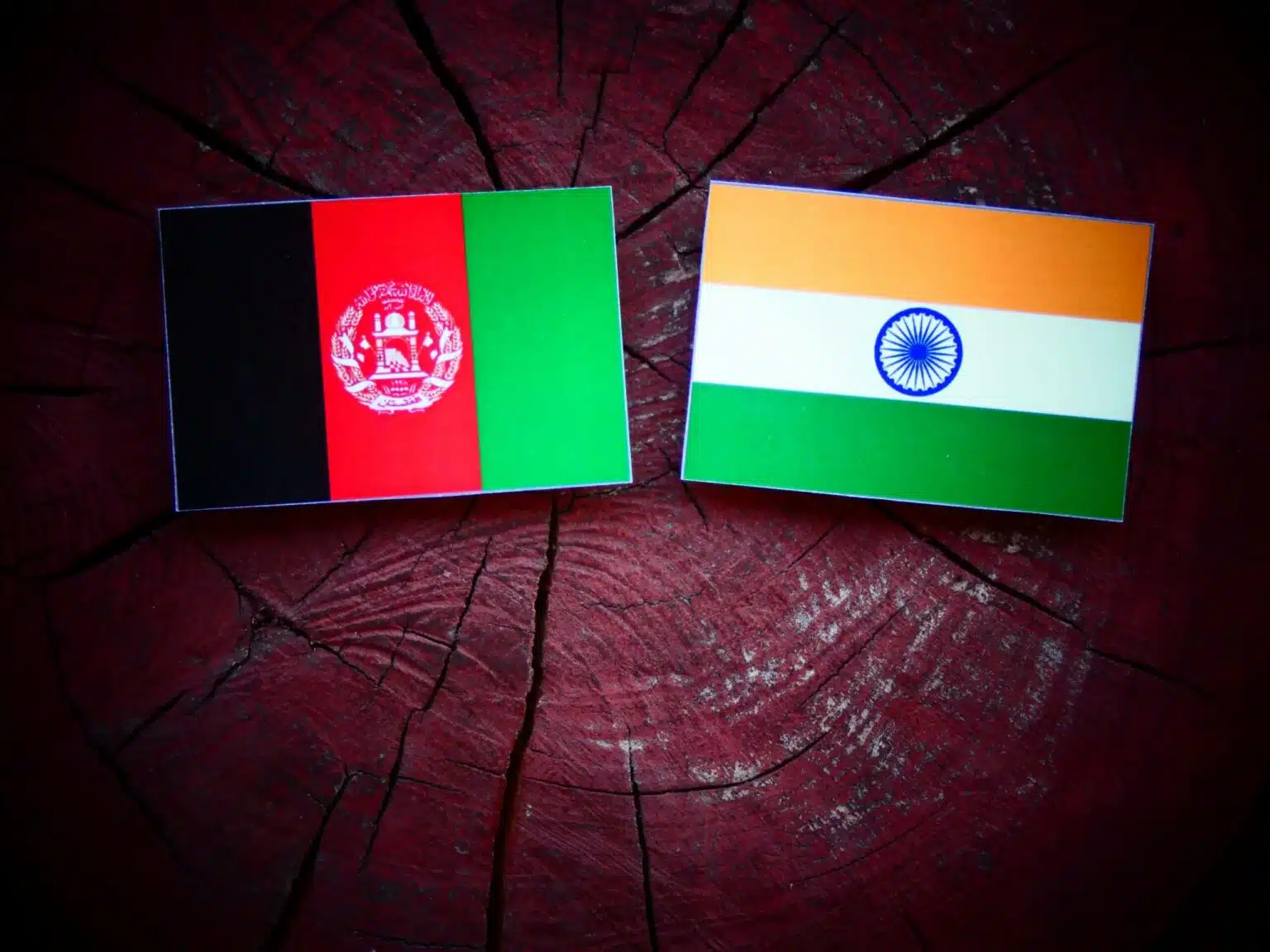After the Taliban took control of Afghanistan,

India claimed that New Delhi had been trying to implement capacity-building and developmental projects there with a commitment of more than three billion dollars, but that the change in the political environment had caused its projects to be slowed down “for various reasons.”

R. Madhu Sudan, Counsellor at India’s Permanent Mission to the UN, made the announcement. In the Arria Formula Meeting held by the UN Security Council, he discussed the difficulties Afghanistan’s citizens were facing economically.
India asserted that New Delhi had attempted to carry out capacity-building and developmental projects in Afghanistan with a commitment of more than three billion dollars before the Taliban seized power, but that the change in the political environment had affected its projects to be slowed down “for different reasons.”
The statement was made by R. Madhu Sudan, Counselor at India’s Permanent Mission to the UN. He spoke on the economic challenges Afghanistan’s citizenry was facing during the UN Security Council’s Arria Formula Meeting.
On August 15, 2021, the Taliban seized control of Kabul, and since then, the new government has overturned many of the tough rights over the past 20 years, particularly those for women, children, and minorities.
He claimed that India is actively involved with the international community on matters pertaining to Afghanistan and is closely watching the security situation in Afghanistan.
The international community’s ongoing worries about the situation in Afghanistan should be acknowledged, according to India. The immediate provision of humanitarian aid to the Afghan people, the establishment of a truly inclusive and representative government, the fight against terrorism and drug trafficking, and the protection of minorities, women’s, children’s, and women’s rights are among India’s top priorities in Afghanistan.
He pointed out that the Security Council Resolution 2593, passed in August 2021 while India had the Council Presidency, expressed the cooperative approach of the global community. The resolution unambiguously demands that no terrorist groups, including Lashkar-e-Taiba and Jaish-e-Mohammed, who have been blacklisted by the UN Security Council, should be allowed to shelter, train, plan, or finance terrorist attacks on Afghan territory.
“Large drug packages have recently been intercepted at our ports and off our shores in international waters. To disrupt and destroy these trafficking networks, improved international cooperation is crucial” said he.
On the political front, he claimed that India still advocates for an Afghan government that is inclusive of all facets of Afghan society.
He said, “Peace and security in Afghanistan are fundamental imperatives that [all of us] need to actively fight for. It is essential for long-term stability and peace in Afghanistan, and in turn, for improving economy and prosperity.” Sudan expressed India’s great concern over the humanitarian situation that is developing in Afghanistan and stated that India has sent many shipments of humanitarian aid to Afghanistan in response to the urgent requests made by the UN and the needs of the Afghan people.
Also Read: Full Enforcement of Islamic Law in Afghanistan
These include 28 tonnes of various disaster relief supplies, 40,000 MTs of wheat, 50 tonnes of medical supplies, including 500,000 doses of COVID vaccine, 50 tonnes of anti-TB medications, and important medical and surgical supplies. These relief shipments were given to the Afghan Red Crescent Society (ARCS), the Indira Gandhi Children’s Hospital in Kabul, and other UN-specialized organizations like WFP and UNOCHA.
An Indian technical team has also been deployed at the New Delhi embassy in Kabul, according to him, in order to closely monitor and coordinate the work of various stakeholders for the effective delivery of humanitarian assistance and in continuance of India’s involvement with the Afghan people.
In light of India’s status as Afghanistan’s neighbor and long-time partner, as well as its close historical and cultural ties to the Afghan people, he emphasized that India has a clear interest in seeing peace and stability return to that country.
As always, he continued, “our approach to Afghanistan will be informed by our special bond and long-standing friendship with the Afghan people.”












